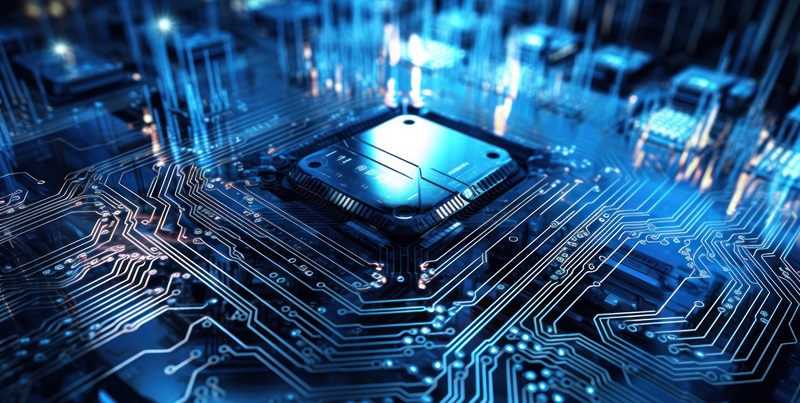Intel has once again pushed the boundaries of processing power by launching the Core i9-14900KS, which boasts an extraordinary turbo frequency of 6.2GHz. This processor marks the pinnacle of Intel’s high-speed innovations, offering a slight yet notable improvement over its predecessor. Arriving at a time when the tech industry is balancing the quest for speed with energy efficiency, the Core i9-14900KS stands as a testament to Intel’s commitment to top-tier performance. It ushers in a new era of processing capabilities where monumental clock speeds are starting to compete with the growing need for processors to be as power-efficient as they are powerful. As the market continues to evaluate the importance of speed versus efficiency, Intel’s latest processor is set to be a benchmark in the ongoing evolution of computing power.
A New Pinnacle of Performance
The Intel Core i9-14900KS hits the market asserting itself as the new standard-bearer for performance. This CPU’s eye-catching clock speed, surging by a nimble 200MHz beyond its predecessor, might imply a moderate upgrade, but in the world of CPU advancements, such increments can translate to notable real-world performance boosts. Indeed, for tasks highly dependent on single-thread performance, such as certain gaming scenarios and specific professional software applications, this uptick could mark the difference between top-tier and second-tier computing.
However, the luster of this speed comes at a price. The demands of the 14900KS are not for the modest. To achieve its peak performance, a formidable cooling solution is mandatory; even thorough liquid-and-air systems might struggle to contend with temperatures that soar into the high 90C range. Additionally, the power draw, which can spike as high as 410W, lays down the gauntlet: this processor is squarely for enthusiasts who consider power consumption secondary concern behind unadulterated speed.
Questioning Efficiency in the Modern Era
Intel’s release of the Core i9-14900KS, while an impressive technical feat, fuels debates on performance versus efficiency—a growing concern amidst energy awareness. This CPU, engineered for maximum speed, seems to defy the current shift towards energy-saving technologies, creating a dissonance with eco-conscious consumer trends. With a substantial price of $799, it also challenges market expectations of getting more performance for every dollar spent, contrasting sharply with rival AMD’s approach, which aims to balance efficiency with power in their 7000-series and V-Cache CPUs. Intel’s dedication to raw speed, embodied in the 14900KS, might cater to a narrower audience as the broader market gravitates toward products offering a blend of both power and energy efficiency, posing questions about the sustainable appeal of such high-velocity CPUs in a cost- and environmentally-conscious era.

